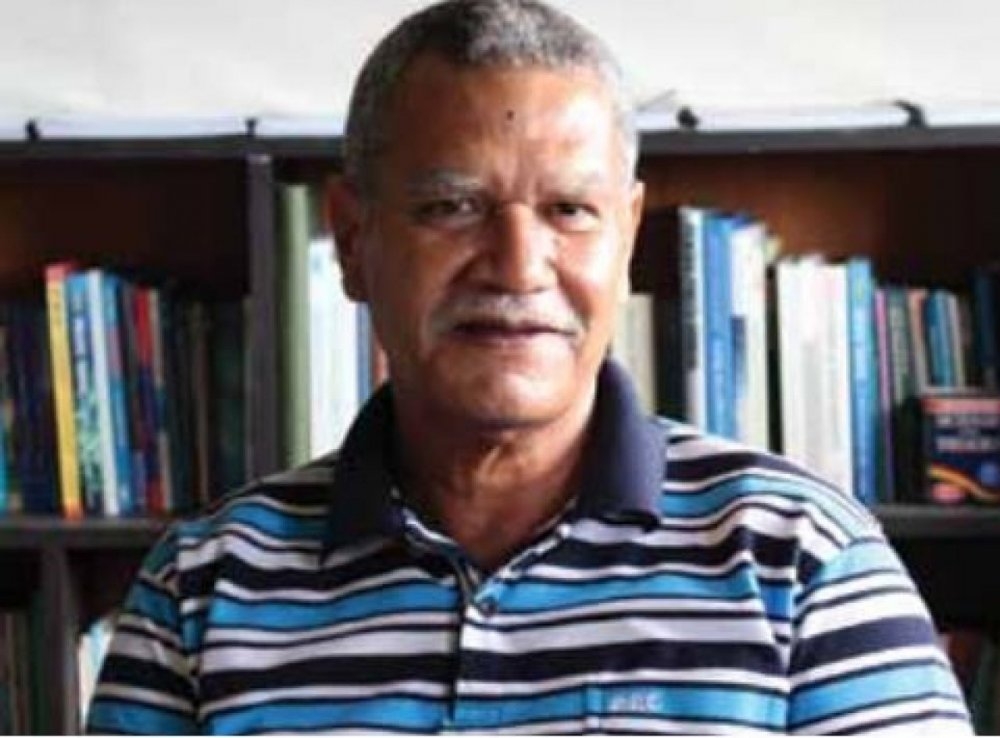Here, in what some call the “burning West”, a pub with no beer is to some parched human throats what a dry river is to a herd of thirsty cattle.
Due to COVID lockdowns, Fijians walked for close to two months in the shoes of Australian cultural icon Slim Dusty. For the first time in many of our lives, we had to contend with liquor outlets bereft of local beer brands.
It’s no exaggeration to say that our much proclaimed “Fiji smile” vanished during the “dry spell” from many a “westerner” face.
However, as true patriots, we accepted our plight as part of the COVID “new normal.” Besides, beer production is not considered an essential service.
Much of Fiji’s population was sound asleep when Prime Minister Voreqe Bainimarama announced, around midnight, that “lockdowns” were being eased, borders widened and businesses, including “non-essential” enterprises, allowed to resume activities – under strict hygiene protocols.
While the announcement was met with mixed reactions, given an alarming surge in the number of locally transmitted COVID cases, manufacturing companies were quick off the mark.
One production house to gain national television coverage was none other than our own beer company with eye-catching images of its various beer brands running down the production lines.
As usual, our western heat conjured vivid images in my “mind’s eye” of parched throats salivating in anticipation of golden brews – to borrow from singer Gabe Dixon’s song – flowing like wine, despite financially troubling times.
Having been born in the laid-back sugar milling town of Ba, our current national financial woes drove home with a sickening reality.
The very ground on which I took my first steps as a toddler so many, many years ago, is now “up for grabs” as the Fiji Sugar Corporation (FSC) strives to gain close to F$182million by selling off its “lazy assets”.
The company is seeking offers for both residential and office properties in Rarawai in Ba, Lautoka, Labasa and Nadi, totaling just over 94 hectares. In all cases, the land in question is considered by real estate agents as “prime properties”.
Explaining the need to sell off “lazy assets” which are currently populated by sugar milling staff and their families, the Chairman of FSC, Vishnu Mohan, said it was part of any business strategy.
The National Federation Party’s Leader, Biman Prasad has described the sale as an “ill-conceived decision”, likening it to “selling one’s soul for 30 pieces of silver”.
Prasad accused the FSC of showing profits over the years “on paper only” and called on the company’s major shareholder, the government of Fiji, to intervene and stop the sale.
Whatever the outcome, the historical significance of FSC properties to thousands of Fijians of mixed ethnicity hangs in the balance.
Referred to, politely, in some quarters as “kailoma” (people of mixed race) and in derogative terms in other quarters as “half-caste”, hundreds of mixed-race families can trace their upbringing to the properties now on sale.
There is one consolation, however, in that the grounds in Rarawai, Ba in which many of their ancestors lie buried, don’t appear to be on the negotiating table.
As a “kailoma”, I have resigned myself to the fact that we are living in “new normal” times in Fiji.
Opinions and views expressed in this article are the author’s.
